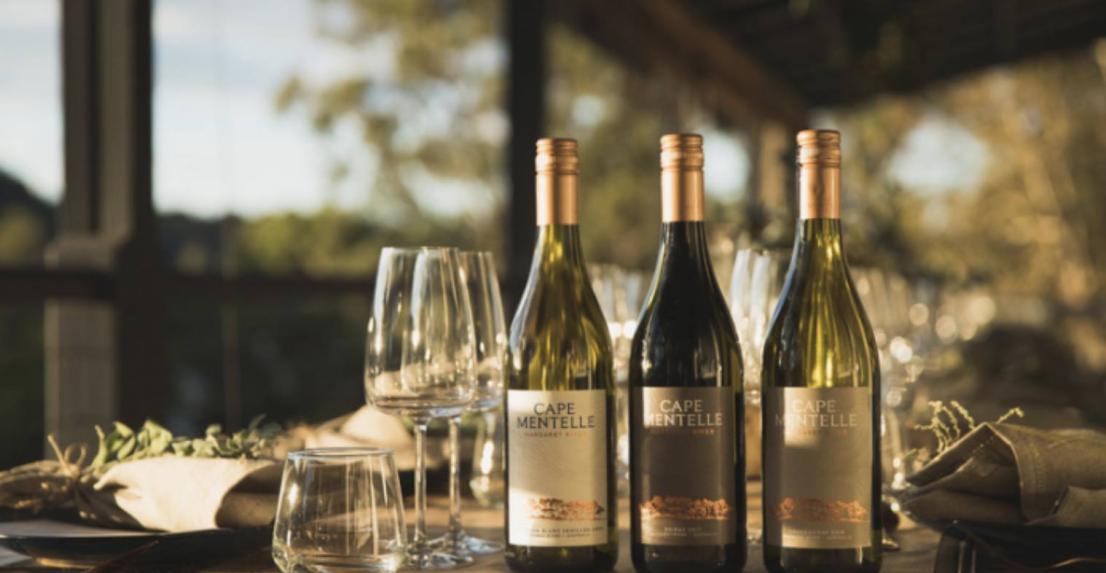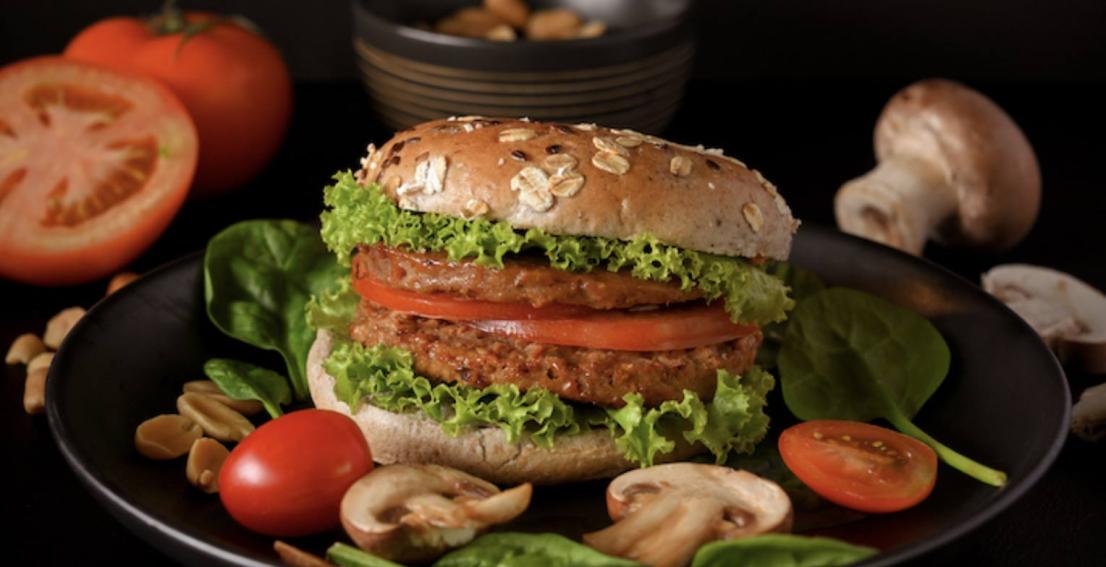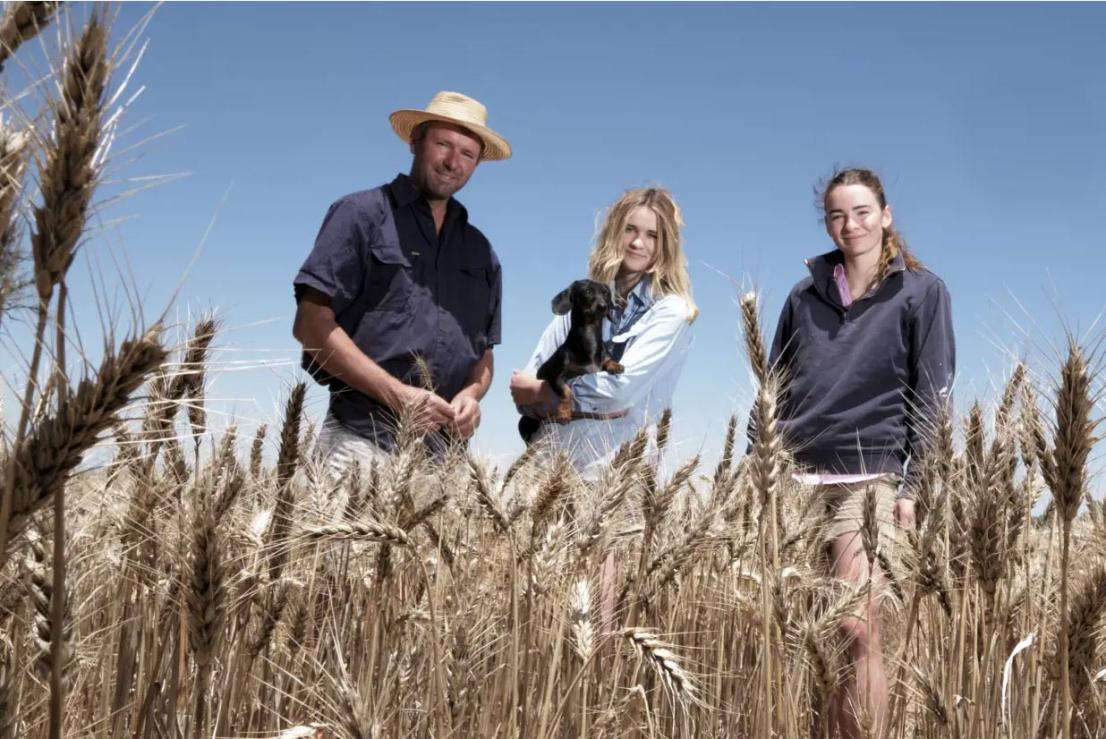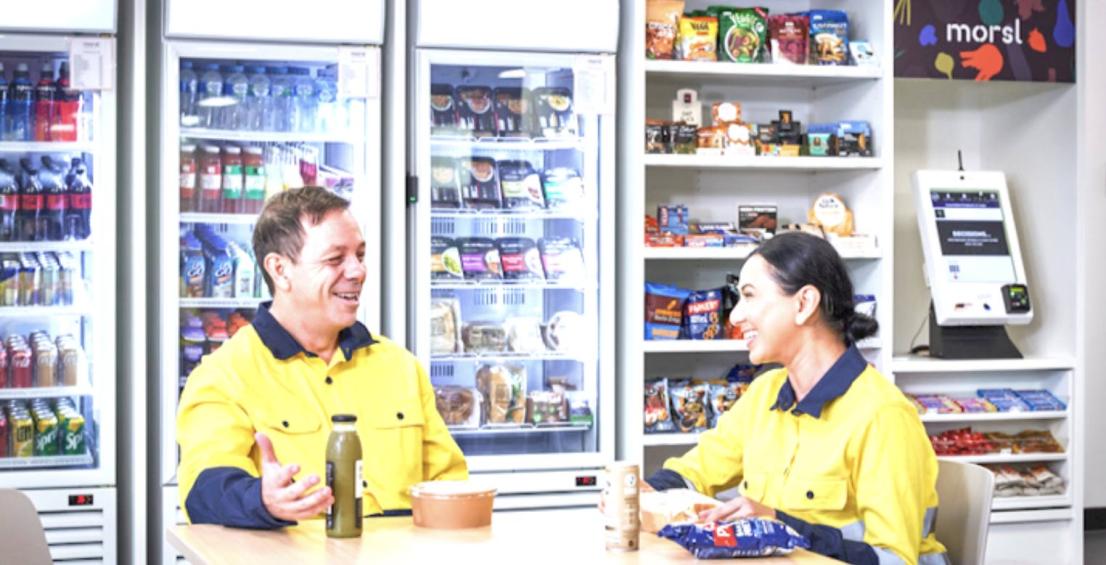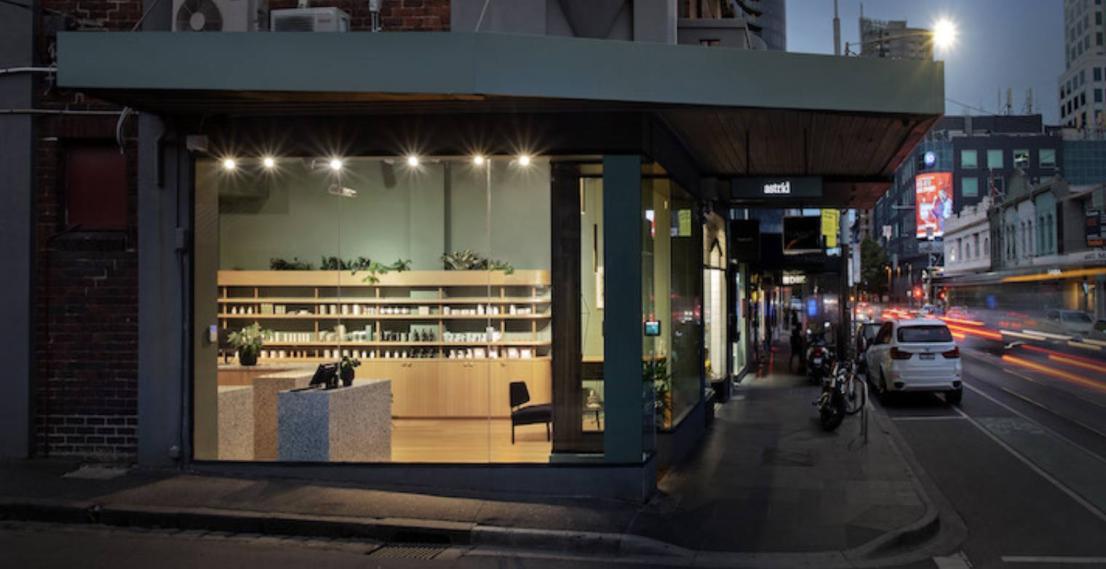
When you first walk into an Astrid dispensary, you’d be forgiven for thinking it was a high-end day spa. Its green, minimalist layout makes a strong first impression, and it’s only when you look closer that you’d realise the business operates as a cannabinoid product dispensary.
The use of medicinal cannabis in Australia is still in a fairly nascent stage, having been legalised only around two years ago. However, in that time, more than 300 dispensaries have launched across the country, some of which are taking a high-end approach to the often-misunderstood sector.
Used the right way, cannabis can deliver several benefits to the human body, including anti-inflammation, pain relief and anxiety relief, as well as a natural calming effect.
Boutique pharmacies such as Astrid, and telehealth clinics such as Polln, have started breaking down the barriers that exist in the space, and are helping more people get ahold of cannabidiol- (CBD-) and cannabis-based therapies.
“When I first launched Astrid, I actually really struggled to find staff who understood the vision I wanted to create. I want to flip the traditional pharmacy model on its head,” Astrid founder Lisa Nguyen recently told Inside FMCG.
“When patients come in, instead of lining up to pick up their medication, there’s a lounge where they can sit and the pharmacist will come and sit with them to talk through their medication in a more casual way.
“We also got rid of the pharmacist’s white coat. It can have a really big psychological impact on the customer’s experience.”
Astrid has two stores – one in Melbourne, and another on the Gold Coast. A third will open in Brisbane in the next year or so. It’s also looking at a range extension, with vaporisers, terpenes, activewear and a private-label skincare range on the way.
As the space grows, first-movers like Astrid will continue to be in a prime position to further capture the market; however, while the sector is expanding, there are undoubtedly some growing pains.
Some of the key concerns for these distributors relate to better education about the role cannabis-related products can play in modern medicine, as well as legislative hurdles that remain in place, despite the legalisation of the drugs themselves.
Clearing the air
When people think of the use of CBD, they tend to think of pot heads and hippies using the drug recreationally to escape their worries and get high. This outdated stereotype, unfortunately, belies the therapeutic properties CBD has been proven to offer.
“There is still a lot of stigma associated with CBD or medicinal cannabis products, and this often extends to GPs as well,” Polln co-founder Grace Tan told Inside FMCG.
“Some of the stigma stems from the comparison to illegal substances such as marijuana. Medicinal cannabis is not to be confused with recreational marijuana or black-market cannabis, which is obtained illegally, without a prescription.”
In Polln’s case, potential patients will be considered eligible for CBD use only if they do a detailed video consultation with an expert cannabis clinician, have a chronic condition that has lasted more than three months, and have tried some form of conventional treatment that hasn’t worked, or has had unwanted side effects.
One of the major roadblocks to more widespread use of CBD-based medication is the fact that patients are unable to drive after taking their dosage under current laws – even with a prescription from a licensed doctor.
It’s illegal for people to drive with any trace – no matter how small – of a cannabinoid in their system. To Nguyen, this is one of the biggest barriers to the more widespread adoption of medicinal cannabis.
“Regularly, my nurses and pharmacists will have to tell someone that they’ll be unable to drive after having taken their CBD-based medicine, and it can become really frustrating because we can see the pain that people are in,” Nguyen said.
“And when they just want to go pick up their kids from school or drive to their local supermarket or whatever, but they legally can’t, that makes things really hard.”
Green shoots
Despite these hurdles, the sector is enjoying a period of stark growth. Australian medicinal cannabis company Montu recently took the top spot in Deloitte’s Technology Fast 50 after enjoying 20,728 per cent growth between 2020 and 2022, for example.
And while the opportunity is there to expand into other areas of pharmacy, as Astrid is doing with its coming launch of a private-label skincare range, most dispensaries are keen to stay on the path and simply improve their offers.
“Our goal is to continue to improve accessibility for patients in need,” Polln co-founder Chris Nasr told Inside FMCG.
“As the demand for digital healthcare continues to increase, we are on a mission to find the cracks in conventional healthcare, identify the communities that are underfunded and underserved, and continue to build a solution to care for those patients.
“We build our own technology from scratch, which allows us to fully tailor the patient, doctor and pharmacy experience, while utilising the latest technology to ensure each experience is seamless and easy to access.”
Astrid is also focusing primarily on its customer journey, Nguyen said, with its extensions into other areas of retail simply acting as more ways to hook in its target customer and further itself as a premium option in the CBD space.
“We’re trying to differentiate ourselves from our competitors at the moment. Other companies are trying to compete on price, but Astrid is a premium brand – I don’t intend to compete on price,” Nguyen said.
“We want to compete on value and service, and part of that is to develop a key customer. My key customer is the person who is really focused on their health and well-being. They have a gym membership, go to skincare clinics, and have smoothies three times a day – that kind of thing.”






